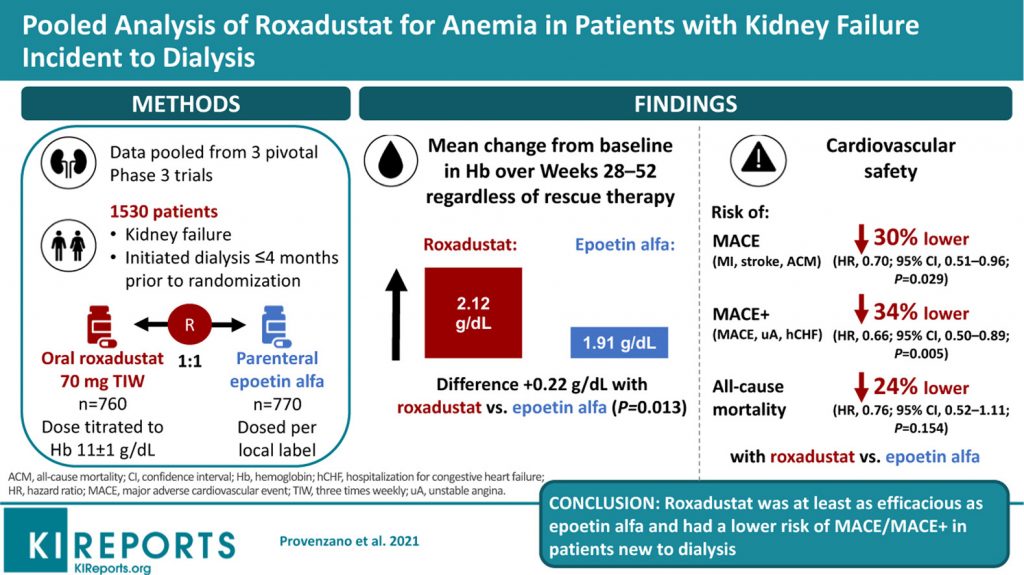
A “costly mistake” has led to the retraction of a paper by a team of dermatology researchers in West Virginia who failed to obtain permission to use the data in their study for the specific purpose for which it was used.
The article, “Association Between Alopecia Areata and Natural Hair Color Among White Individuals,” which appeared in March 2021 in JAMA Dermatology, was a case-control study based on data from the UK Biobank — a large repository of medical and genetic data from people in the United Kingdom. The senior author on the article was Michael Kolodney, the chair of the department of dermatology at West Virginia University School of Medicine in Morgantown.
In fact, Kolodney and his colleagues had produced two articles using data from the biobank: one on alopecia areata — an autoimmune condition that causes relatively early-onset hair loss — and another that linked baldness to an increased risk of Covid-19 in men. The Covid research was published in November 2020 as a letter to the editor in the Journal of the American Academy of Dermatology.
The Covid paper remains intact. But as the retraction notice indicates, the folks at UK Biobank hadn’t granted Kolodney’s group permission to publish the alopecia findings:
Continue reading ‘A costly mistake’ prompts retraction of paper on hair loss







